SolarWinds blames intern for weak ‘solarwinds123’ password
The password ‘solarwinds123’ was publicly accessible on GitHub for more than a year and brought to the firm's attention in 2019
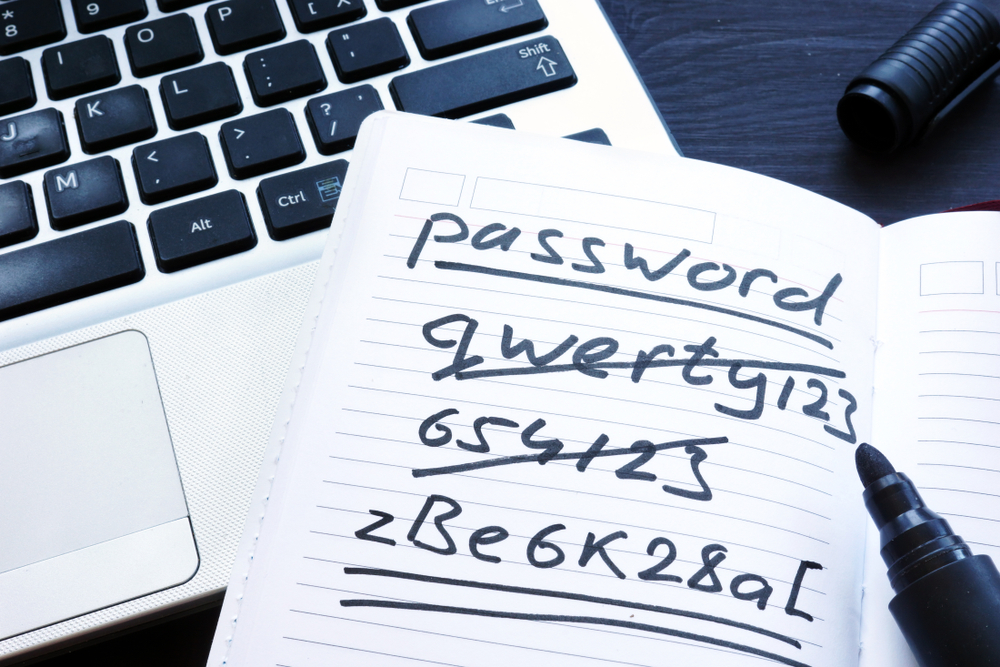

SolarWinds executives have blamed a former intern for leaking a weak company password that was publicly accessible on the internet for more than a year.
The password ‘solarwinds123’ - a critical lapse in password security - was publicly accessible through a private GitHub repository from June 2018, before this was addressed in November 2019.
SolarWinds CEO Sudhakar Ramakrishna claimed this password was the fault of an intern who’d set it on one of their servers in 2017, speaking at a hearing before the US House Committees on Oversight and Homeland Security.
The password was first discovered in 2019 by security researcher Vinoth Kumar, who told Reuters that it had been set to grant access to the company's update server.
"I've got a stronger password than 'solarwinds123' to stop my kids from watching too much YouTube on their iPad," said US Representative Katie Porter, according to CNN. "You and your company were supposed to be preventing the Russians from reading Defense Department emails!"
RELATED RESOURCE
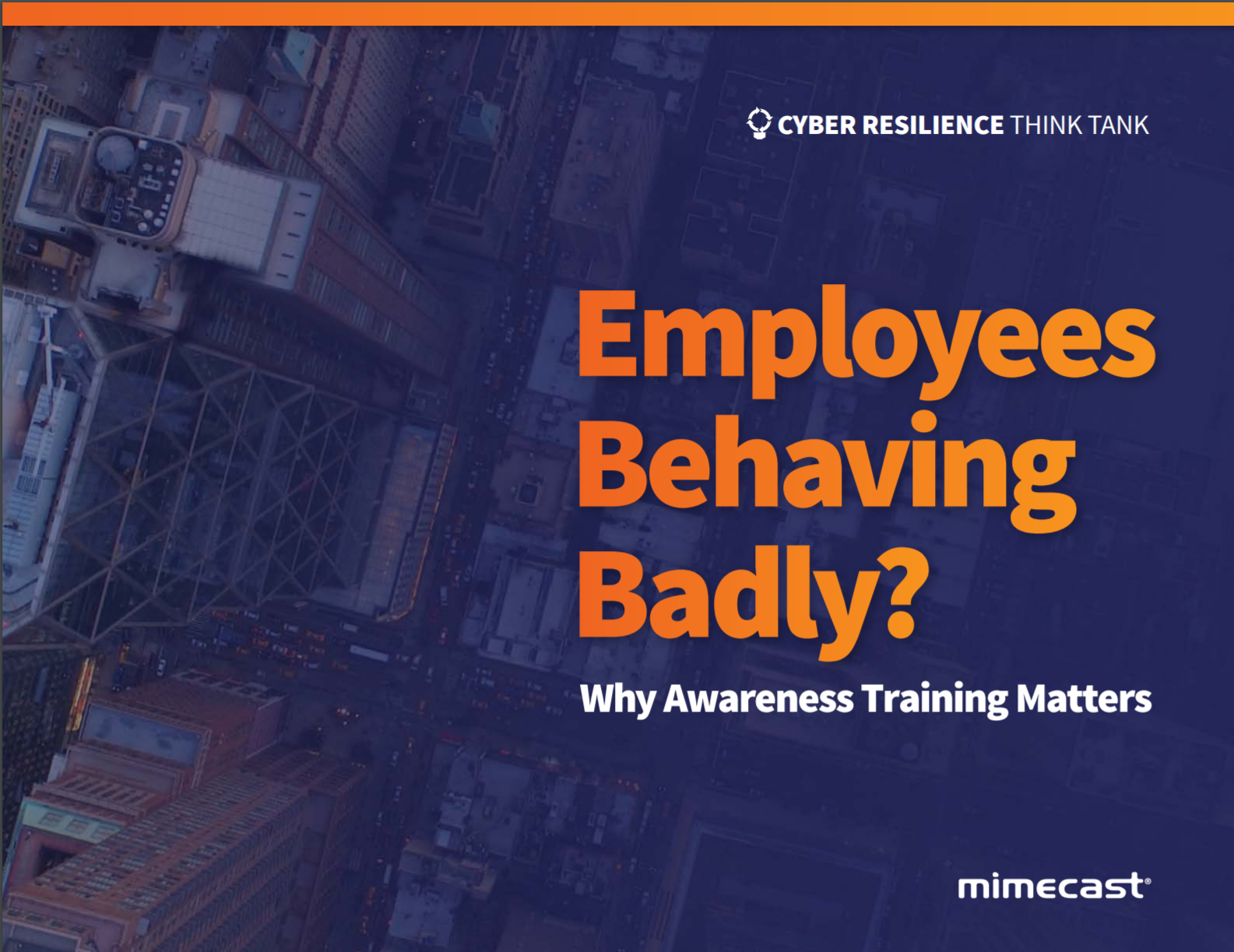
In response, Ramakrishna claimed Porter was referencing a password that an intern used on one of their servers in 2017, which was removed after being altered by SolarWinds’ security team. The former CEO Kevin Thompson confirmed ‘solarwinds123’ referred to a “mistake that an intern made”, with the individual posting the password on their own private GitHub account.
It’s not immediately clear whether the password played a role in the devastating supply-chain attack that saw up to 18,000 businesses compromised by a version of the Orion security platform that was loaded with malware.
Get the ITPro daily newsletter
Sign up today and you will receive a free copy of our Future Focus 2025 report - the leading guidance on AI, cybersecurity and other IT challenges as per 700+ senior executives
SolarWinds, however, denies any connection, having determined the credentials using that password were for a third-party vendor application and not for access to the SolarWinds IT systems. A spokesperson told IT Pro that this software did not connect with the SolarWinds IT systems - and as such the firm has determined the credentials using this password had nothing to do with the attack or other breach of the company's IT systems.
Kumar, who had first altered SolarWinds to the weak password, tweeted at the time the news broke that his proof-of-concept allowed him to upload a malicious executable to the update server and update it with SolarWinds products. He also cast doubt on the ‘intern’ theory, suggesting in a further tweet that it’s outlandish to suggest an intern with three months’ experience was granted access, only for those credentials not to be rotated out after they left.
Stolen credentials are just one possible theory for how the attackers infiltrated SolarWinds, with the company also investigating whether brute-force guessing played a role or they breached networks using compromised third-party software.

Keumars Afifi-Sabet is a writer and editor that specialises in public sector, cyber security, and cloud computing. He first joined ITPro as a staff writer in April 2018 and eventually became its Features Editor. Although a regular contributor to other tech sites in the past, these days you will find Keumars on LiveScience, where he runs its Technology section.
-
 Bigger salaries, more burnout: Is the CISO role in crisis?
Bigger salaries, more burnout: Is the CISO role in crisis?In-depth CISOs are more stressed than ever before – but why is this and what can be done?
By Kate O'Flaherty Published
-
 Cheap cyber crime kits can be bought on the dark web for less than $25
Cheap cyber crime kits can be bought on the dark web for less than $25News Research from NordVPN shows phishing kits are now widely available on the dark web and via messaging apps like Telegram, and are often selling for less than $25.
By Emma Woollacott Published
-
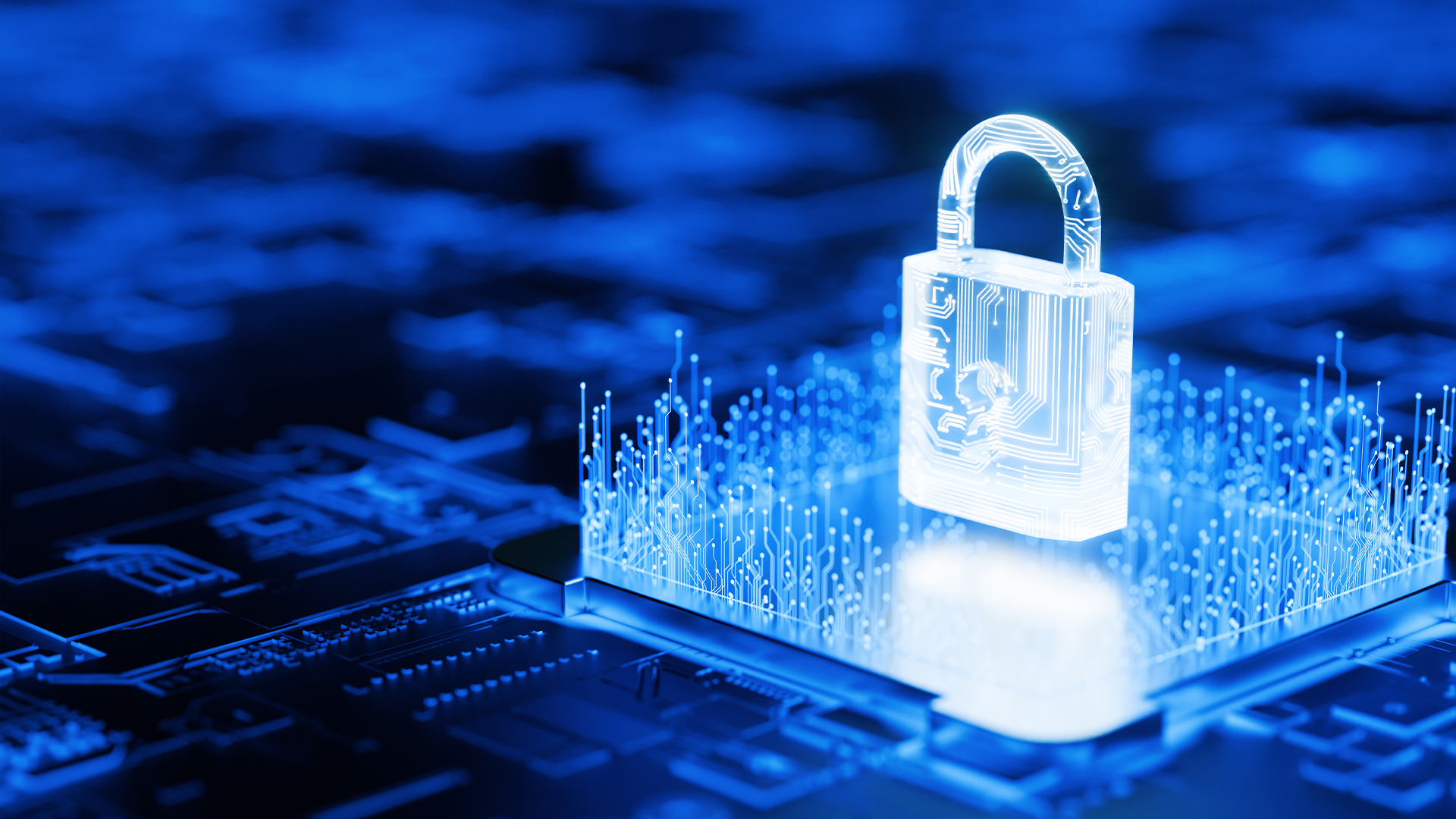 Billions of IoT devices will need to be secured in the next four years – zero trust could be the key to success
Billions of IoT devices will need to be secured in the next four years – zero trust could be the key to successNews Researchers have warned more than 28 billion IoT devices will need to be secured by 2028 as attacks on connected devices surge.
By Emma Woollacott Published
-
 Cisco claims new smart switches provide next-level perimeter defense
Cisco claims new smart switches provide next-level perimeter defenseNews Cisco’s ‘security everywhere’ mantra has just taken on new meaning with the launch of a series of smart network switches.
By Solomon Klappholz Published
-
 Five Eyes cyber agencies issue guidance on edge device vulnerabilities
Five Eyes cyber agencies issue guidance on edge device vulnerabilitiesNews Cybersecurity agencies including the NCSC and CISA have issued fresh guidance on edge device security.
By Emma Woollacott Published
-
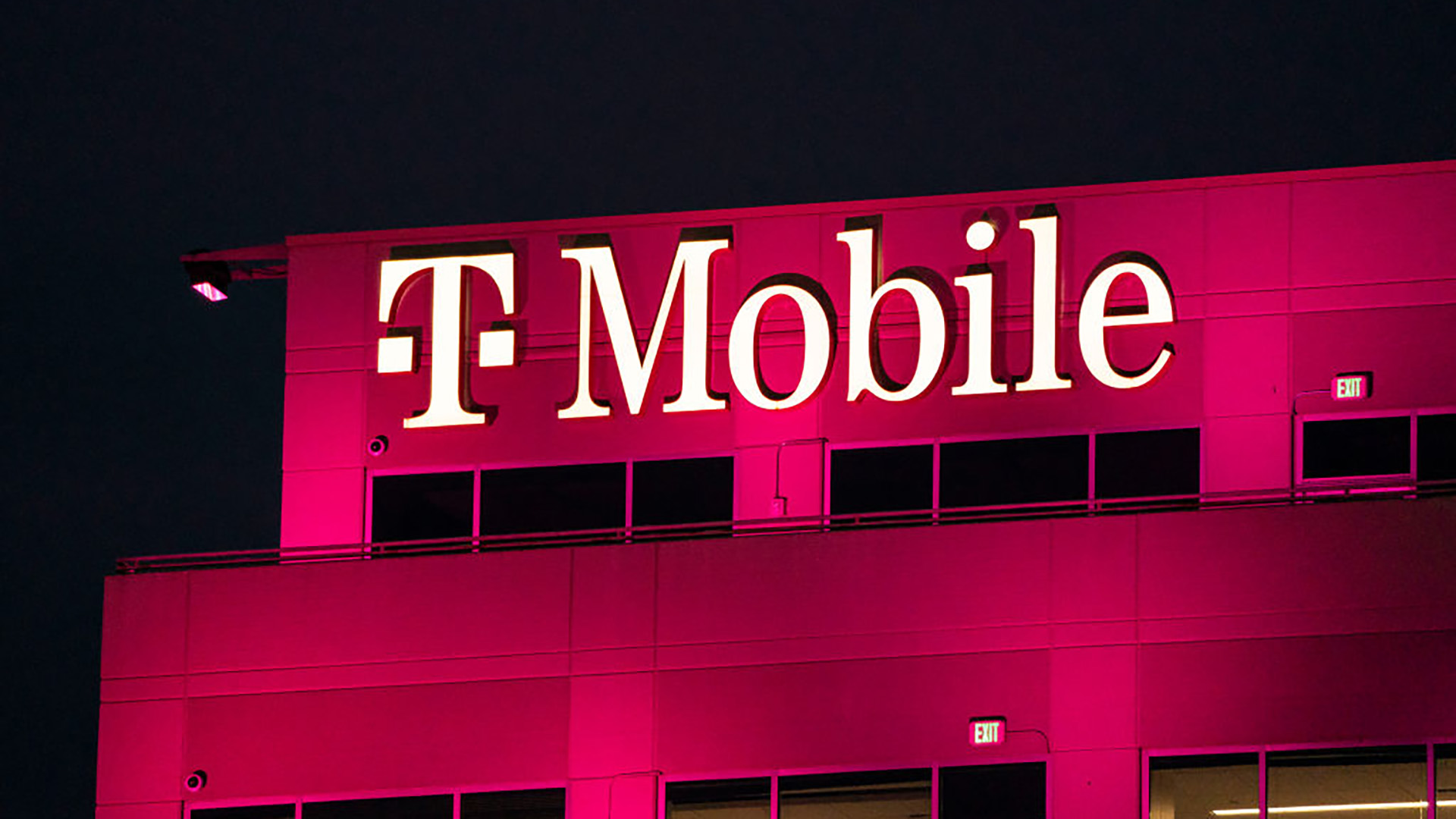 T-Mobile security chief insists its defenses stood up to attacks linked to Salt Typhoon
T-Mobile security chief insists its defenses stood up to attacks linked to Salt TyphoonNews No T-Mobile customers or services were affected after its security teams detected suspicious activity on their routers
By Solomon Klappholz Published
-
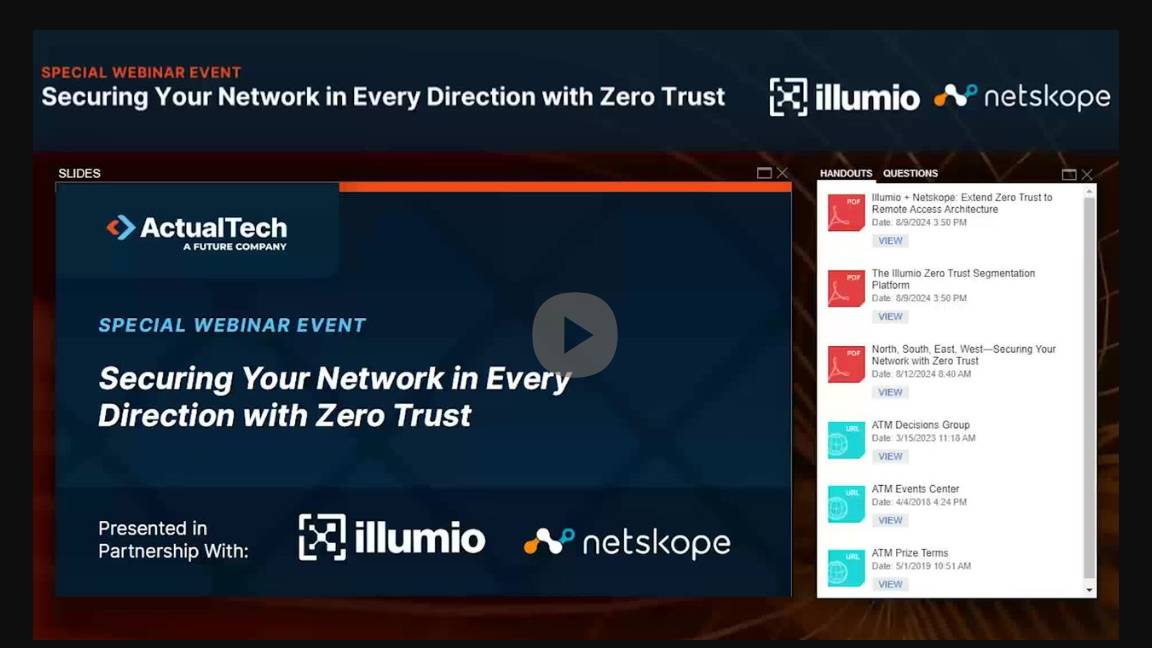 Securing your network in every direction with zero trust
Securing your network in every direction with zero trustWhitepaper Webinar on the evolution of network security
By ITPro Published
-
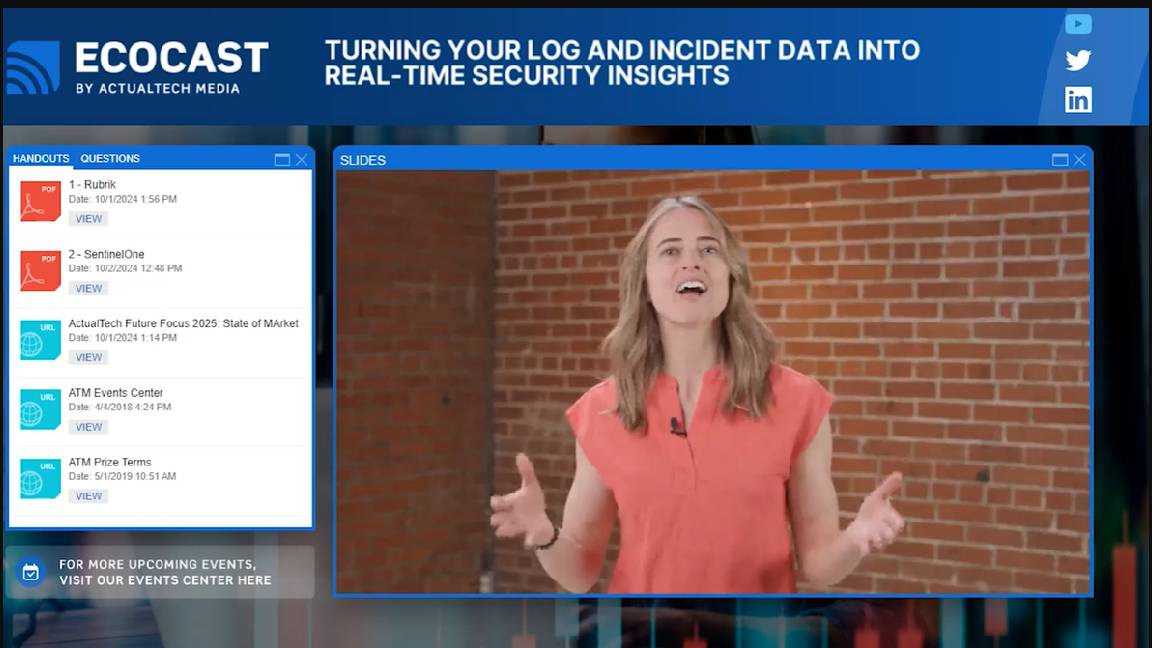 Turning your log and incident data into real-time security insights
Turning your log and incident data into real-time security insightsWhitepaper Integrate multiple data sources for a comprehensive security view
By ITPro Published
-
 Do more with less: Optimizing servers with HPE to maximize VMware licensing
Do more with less: Optimizing servers with HPE to maximize VMware licensingWhitepaper Your trusted guide through the changes in the virtualization market
By ITPro Published
-
 Modern enterprise cybersecurity
Modern enterprise cybersecuritywhitepaper Cultivating resilience with reduced detection and response times
By ITPro Published